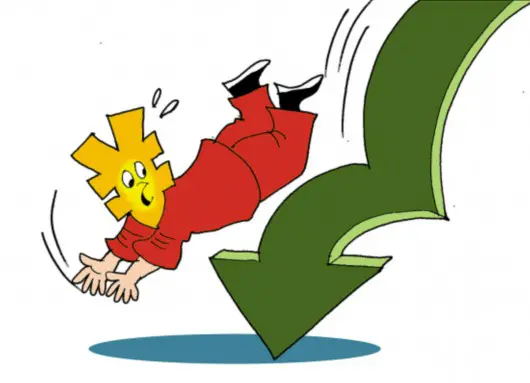Lost in its search for a balance between economic growth and fiscal austerity, the European economy has been mired in recession. Due to the "austerity trap," the predicament is very likely to remain at least through the rest of the year.
Economic recession
The debt crisis has been stablizing ever since European Central Bank (ECB) chief Mario Draghi pledged last July to do "whatever it takes" to save the euro, and two months later, the ECB unveiled its unlimited "bond-purchase plan" to restore confidence.
However, economic recession has been deepening in debt-ridden eurozone countries and the single currency area and the European Union (EU) as a whole.
The latest figures showed that the euro zone's economy contracted for the sixth straight quarter at the start of this year, marking its longest recession since the EU started releasing figures on economic growth in 1995.
Recession also hit the EU where the economy shrank by 0.1 percent in the first quarter of this year, the second consecutive quarter of decline. The economies of Italy and Spain have been falling for seven and six quarters, respectively, in a row.
Many experts point to the "austerity trap" as the culprit for the economic downturn - namely budget cuts aiming to ease the debt burden of eurozone countries that have unfortunately created the opposite.
Budget cuts, which have dominated the response to the debt crisis since 2009, lead to decline in government and consumer spending and corporate investment, which in turn results in economic contraction and higher debt-to-GDP ratios.
"Social emergency"
Economic plight is naturally followed by high unemployment, especially among the young. The EU statistics office said Monday that the jobless rate of the euro area and EU rose to 12.1 percent and 10.9 percent, respectively, in May, reaching its highest level since such statistics started in 1995.
By the end of May, the youth unemployment rate was 23 percent in the EU and 23.8 percent in the euro area, and more than half of the young people in Greece and Spain do not have a job, Eurostat figures showed.
European Commission President Jose Manuel Barroso described the problem of youth unemployment facing some EU countries as "a genuine social emergency."
Speaking at a press conference after the EU summit last week, Barroso said that the "social situation is very severe. Unemployment, in particular youth unemployment is a huge concern for all of us. In 12 of our 27 member states youth unemployment is higher than 25 percent."
Youth unemployment was on top of the agenda last week for EU leaders, who agreed to scale up Youth Employment Initiative to eight billion euros (about 10 billion U.S. dollars) to help more young people find jobs.
Recession to stay for a while
Analysts expect the economic recession in Europe to stay through the rest of the year at least, due to the difficulties in striking a balance between austerity and growth and relatively bleak global economic prospects.
Ever since the beginning of the year, EU leaders have been drumming up fresh efforts to reboot the economy. However, very few concrete measures have been put forward. As it is, the ECB which is overseeing the monetary policy of the single currency area, and the eurozone member states are left with very few ammunition.
However, investors looking to the ECB for possible economic stimulus plans must have been disappointed when Draghi said two weeks ago that the ECB "has done as much as it can to stabilize markets and support the economy," and "Monetary policy cannot create real economic growth."
"If growth is stalling because the economy is not producing enough or because firms have lost competitiveness, this is beyond the power of the central bank to fix," he added.
The so-called structural reforms aimed at boosting competitiveness will always take time to bear fruit, so people have to wait awhile to see the light at the end of the tunnel for the European economy.
 简体中文
简体中文

